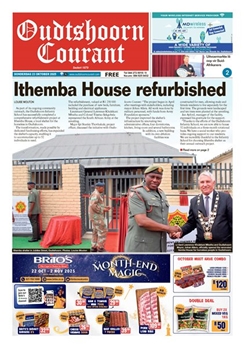NATIONAL NEWS - Parliament and its provincial counterparts, generally referred to as “legislatures”, routinely undertake “benchmarking exercises” and “international study tours” to various destinations with an express intention to learn the best practices in parliamentary and legislative work.
The Citizen, with an understanding that lawmakers themselves are advocates of public accountability, sought responses from parliament as well as the nine legislatures on how many trips were undertaken between April 2010 and and March 2017.
Another element of the exercise was to understand on what basis these trips were approved, how they were approved and what value the excursions added towards parliamentary work and service delivery.
The investigation also attempted to understand the appreciation and application of the National Records and Archives Act of 2001, which requires public bodies such as legislatures to ensure effective records management system.
Two legislatures so far, Gauteng and the Western Cape, positively responded to the request and availed the information required.
Gauteng undertook 70 trips, averaging 10 trips a year
The legislative body for the country’s economic powerhouse province provided the most comprehensive responses and reiterated:
“The benchmarking exercises are meant to learn and share experiences on the constitutional mandates of Legislatures with the objective of improving the skills, knowledge and capacity of the legislature to strengthen accountability of the Executive and through that improve the quality of life of the people of Gauteng.”
“The Speaker is the competent authority for Committees and Secretary to the Legislature; and the Secretary to the Legislature is competent authority for other employees,” said the secretary to Gauteng legislature Peter Skosana when asked who the competent authority was in terms of the policy to approve trips proposed by the various committees as well as employees.
In terms of the approval process, Skosana outlined that, for each benchmarking visit, study tour or a conference, a motivation outlining the purpose of the trips, the lessons to be explored or shared and the impact that the study would make to the constitutional mandate of the legislature were submitted.
“Members and employees may also respond to calls to present papers at conferences and seminars, where they have to submit abstracts, and once the abstracts are accepted, then the motivation is developed for consideration,” Skosana explained.
















